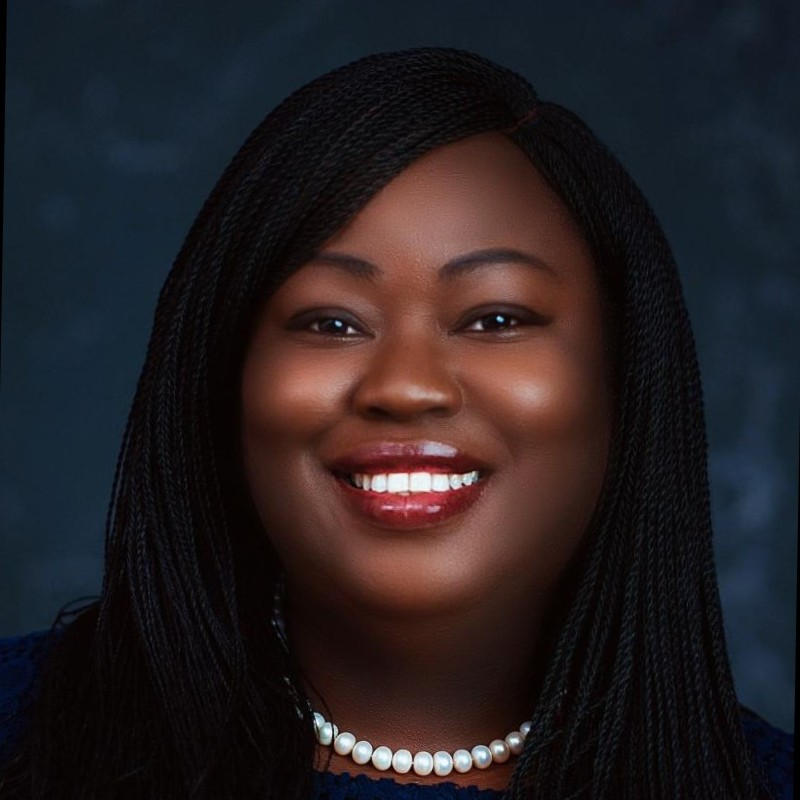Funto Boroffice turns Nigeria’s waste into jobs and community empowerment.
Funto Boroffice is transforming Nigeria’s waste into jobs, education, and empowerment through recycling, innovation, and community-led sustainability. After a 17-year career in global finance, including a Vice President role at General Electric in the U.S., she returned to Nigeria to create something many had overlooked: a recycling business.
In 2015, she launched Chanja Datti Ltd, a waste collection and recycling social enterprise headquartered in Abuja, with the goal of tackling Nigeria’s growing waste crisis and turn it into an engine for social impact.
This decision wasn’t sudden.
After earning a Bachelor’s in Accounting and Finance from Northeastern University (graduating cum laude) and a Master’s in Financial Management from Pace University, Funto Boroffice worked at top levels in finance. But a later role as a senior aide to Nigeria’s Minister of Power exposed her to a pressing issue. She noticed that waste-to-energy investors struggled to access sorted waste, revealing the deep inefficiencies in the country’s waste management system. Coupled with the staggering figure that Nigeria generates over 64 million tons of waste annually, yet collects only about 10%, the gap was clear.
That gap became her mission.
Founding Chanja Datti
Chanja Datti, which means “change dirt” in Hausa, was created to do more than recycle. It was designed to transform how Nigerians related to waste, and to build a system that provided both environmental and economic value. The company collects a range of recyclables, including PET bottles and water sachets to glass bottles, tires, and paper and processes them into bales and flakes sold to local manufacturers like Alef Recycling, which supplies beverage giants like Coca-Cola.
Since its launch, Chanja Datti has diverted over 8,000 tonnes of waste from landfills, created roughly 250 green jobs, and currently supports more than 500 women in underserved communities. Its decentralised recycling hubs and partnerships with informal waste pickers make the process accessible and inclusive. The company also introduced Micro-Recycling Plants (MRPs), each capable of processing 650kg of plastic per day, reducing transportation emissions and increasing processing efficiency.
People-centred enterprise
At its core, the enterprise centres on people. Through its Women Recyclers Empowerment Initiative (WREI), Chanja Datti trains women in recycling, cooperative formation, and business development. Programs like #Bottles4Books link plastic collection to educational support for out-of-school children, while #Cash4Trash provides income opportunities for low-income families. Financial inclusion is also addressed through partnerships like the one with FETS, a mobile banking firm helping waste pickers, mostly women, open savings accounts and access digital payments.
Boroffice’s work is as strategic as it is grassroots. She is the founder of WASTE Africa, an NGO focused on sustainable waste ecosystems across the continent. She is a founding member and Vice President of the Recycling Association of Nigeria, and a Fellow of the Waste Management Society of Nigeria. Her model equally supports several UN Sustainable Development Goals.
Internationally recognised, she won the 2021 WE Empower UN SDG Challenge and has been named one of Global Citizen’s 11 change-making Africans to watch. She has also been featured by CNBC’s Rising Woman in Africa and is a fellow of AWEC, VV Grow, and WIMBOARD.



